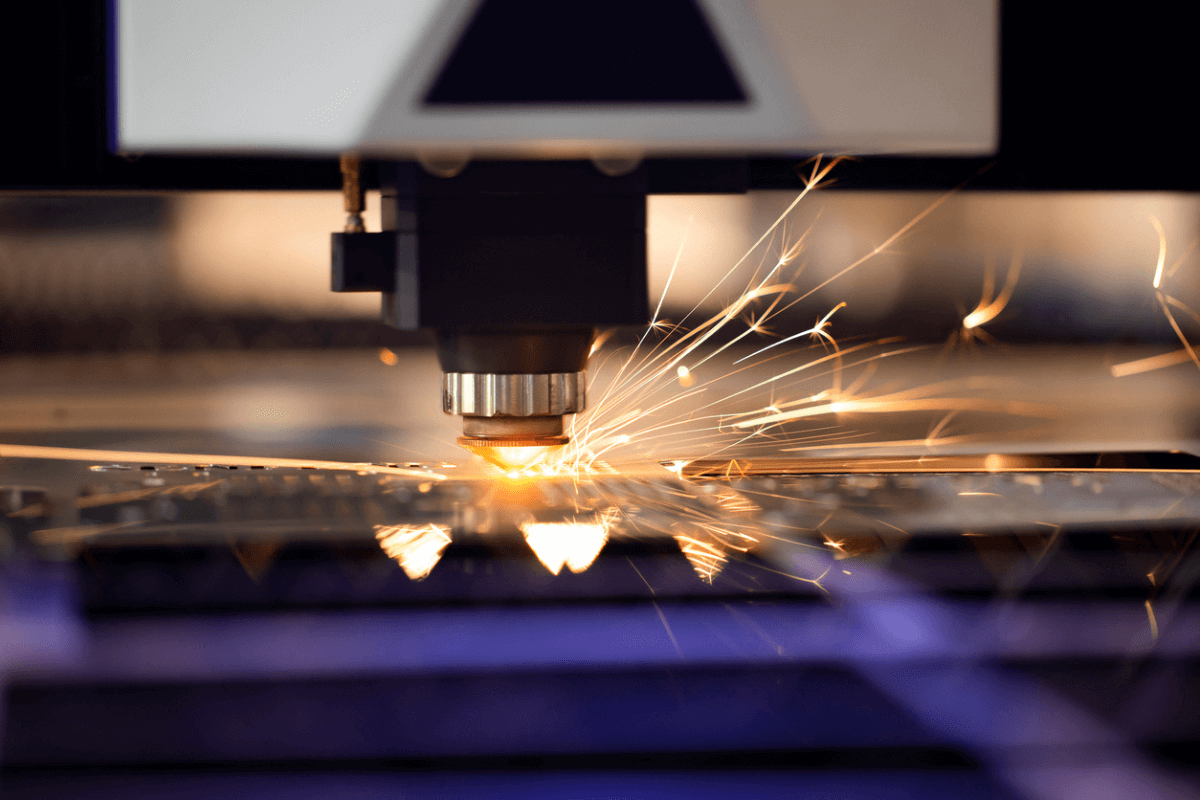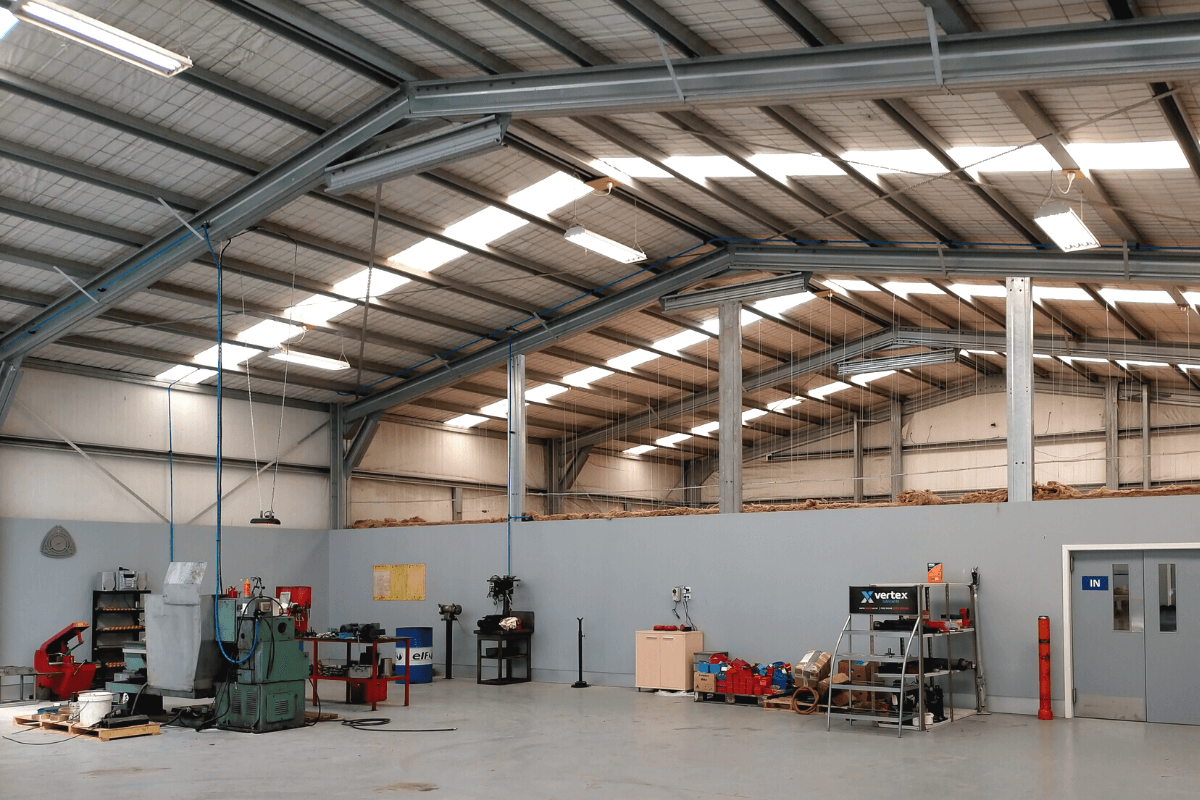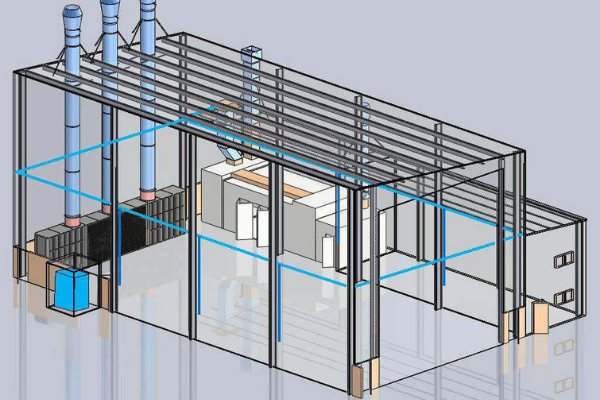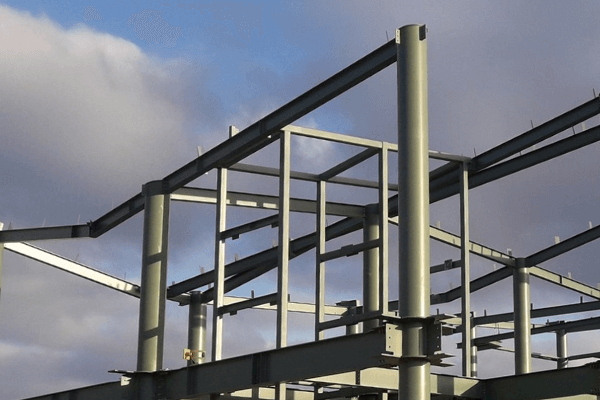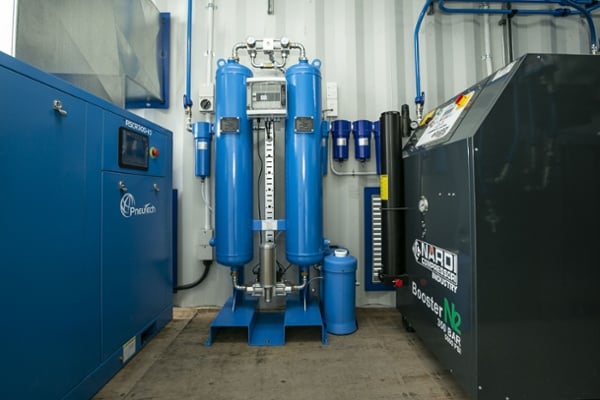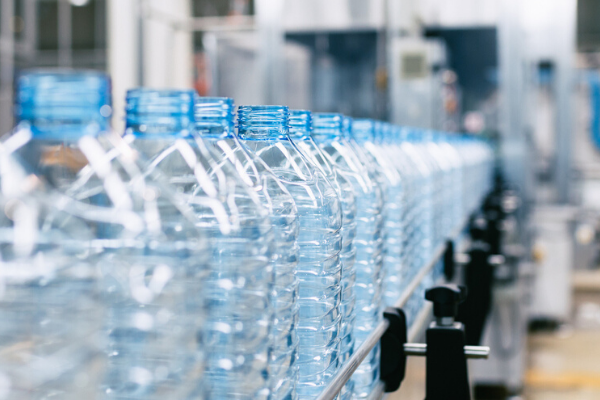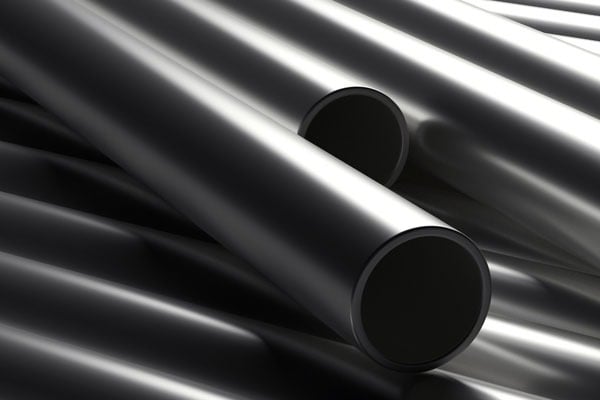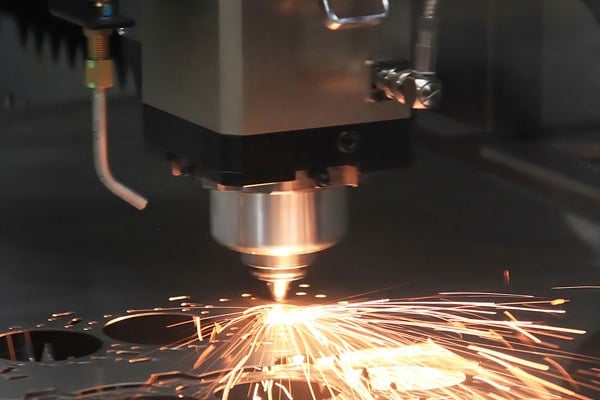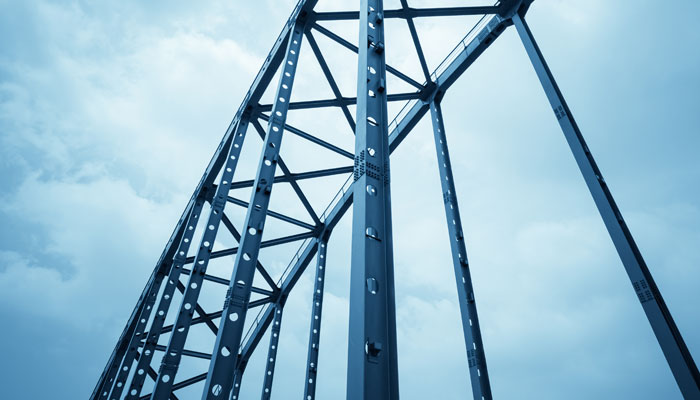Equipment Requirements and Air Quality
Your air compressor must deliver specific performance: minimum 50 CFM flow rate, 240 PSI (16 bar) operating pressure, and consistently clean, dry air.
The Pneutech range handles these demanding specifications. Their newly launched skid mount version (introduced in April) includes integrated air drying and desiccant technology specifically designed for laser cutting applications.
Air quality makes or breaks the cutting process. You need precision air compressors to create air that is oil-free, moisture-free (dew point below -40°C), and thoroughly filtered. Contamination will compromise cut quality and potentially damage expensive laser components.
The Airpak15 Air-Assist meets ISO 8573.1.2.1 specifications, featuring adsorption drying to below -40°C dewpoint and carbon towers that eliminate oil vapours. This ensures no contamination enters the laser supply line.
When Air Cutting Works Best
- Carbon steel applications – The 20% oxygen content in compressed air reacts with iron and releases additional heat, making cutting more efficient than nitrogen for these materials. This exothermic reaction actually improves cutting speeds.
- High-volume production – Air delivers faster cutting and increased throughput in many applications. When running multiple shifts, the operational cost advantages become substantial.
- Thin material work – For materials up to 10 gauge thickness, air often performs as well as or better than nitrogen. The cutting speeds are comparable, but the cost savings are dramatic.
- Mixed material operations – Cut both stainless steel and mild steel without the complexity and expense of switching between different gas supplies.
- Applications where slight oxidation is acceptable – When parts will be painted, powder coated, or welded, the minor edge oxidation from air cutting often doesn't affect the final result.
Edge Quality Expectations
Using an air compressor might not match nitrogen's edge perfection, but the difference is smaller than many expect. If nitrogen edge quality rates a 10, air-assist achieves about an 8 on the same scale.
For most applications, this quality level works well. Air-assist edge quality is adequate for powder coating adhesion and eliminates many secondary cleaning operations. Parts destined for painting or welding often show no practical difference between air and nitrogen cutting.
The slight oxidation from air cutting can actually improve paint and powder coat adhesion in many cases, potentially eliminating primer steps in finishing processes.
Local Success Stories
At Industrial Air Systems, we've seen the benefits firsthand in New Zealand workshops. We supplied Priest Sheetmetal with an Airpak15 Air-Assist for their laser cutter, and they've significantly reduced nitrogen consumption costs by switching thinner materials to compressed air.
The family-owned Christchurch business has been operating for over 63 years and recently upgraded its laser cutting facilities. Since installing the Pneutech Air-Assist compressor, they've been impressed with both the performance and cost savings.
This demonstrates that air cutting isn't theoretical; it's working for real New Zealand businesses right now.
%20(1).png?width=1068&height=485&name=laser%20cutting%20(1)%20(1).png)
Making the Switch
Start by evaluating which applications in your operation could benefit from switching to air compressor systems. Test air cutting on non-critical parts first. Most operators discover they can achieve better quality than expected with properly prepared compressed air.
Industrial Air Systems offers both the Nitropak nitrogen generation system and the Airpak15 Air-Assist, so we can help assess which applications suit each approach.
Many workshops find that 70-80% of their current nitrogen cutting jobs work effectively with air, leaving nitrogen for only the most demanding applications where edge quality is absolutely critical.
The transition doesn't have to be all-or-nothing. You can implement air cutting gradually, application by application, as you build confidence in the results.
Equipment Integration
The Airpak15 system includes everything needed in one integrated package: the air compressor, absorption dryer, and carbon tower. This complete solution approach simplifies installation and maintenance while ensuring all components work together optimally.
Since Industrial Air Systems designed and manufactured this solution with New Zealand conditions in mind, we understand what works reliably in local applications and environments.
The skid-mounted design means easier installation and better system integration compared to assembling separate components from different manufacturers.
Bottom Line
Compressed air has evolved far beyond what most workshop owners realise. While nitrogen will always have its place for premium applications, air cutting now handles a much broader range of jobs effectively and economically.
The difference comes down to proper equipment selection. Industrial air compressors designed specifically for laser cutting, like the Pneutech range, deliver the pressure, flow rate, and air quality needed for consistent results.
Whether you choose air or nitrogen cutting, base your decision on specific applications, quality requirements, and operational costs. With proper equipment and setup, compressed air might provide exactly the competitive advantage your operation needs.
Use our air compressor selector tool to find the right system for your cutting requirements and calculate potential savings from making the switch.




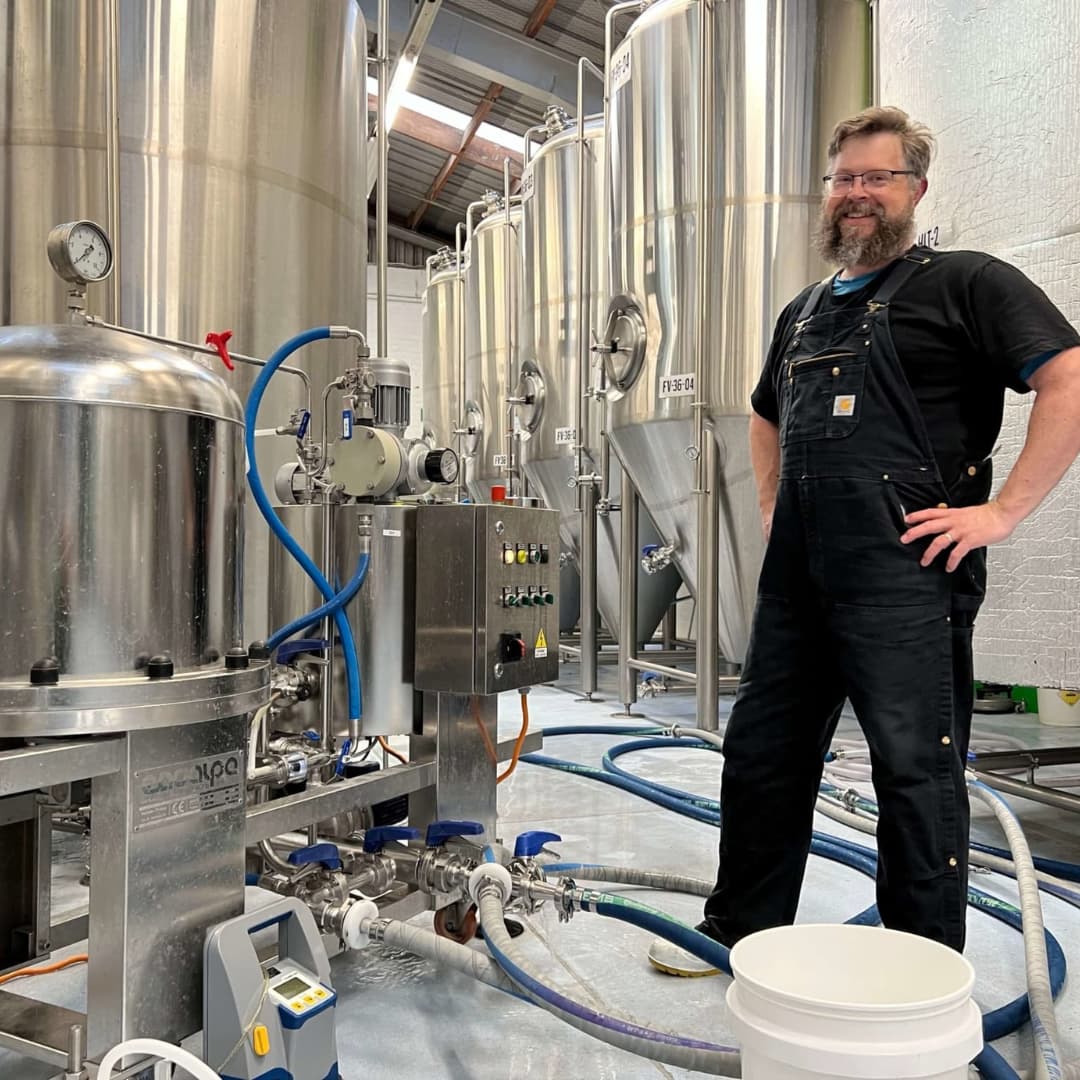
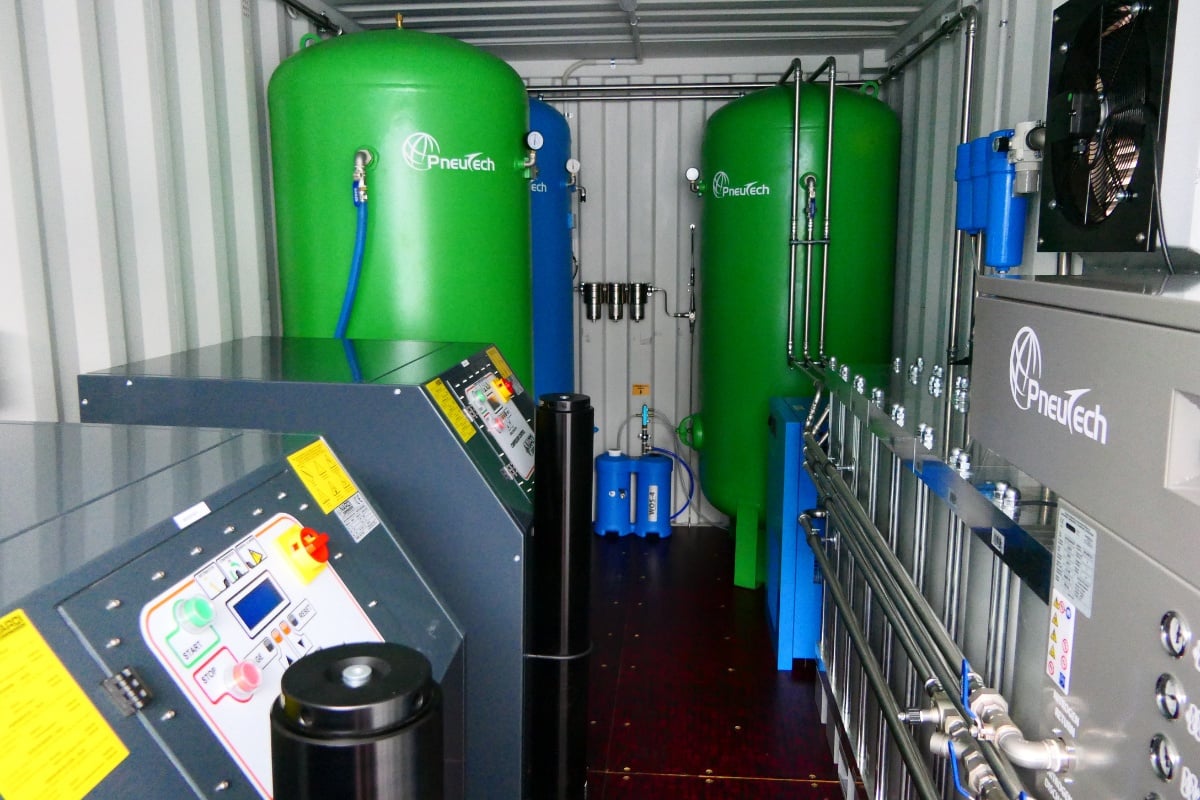
.jpg)


